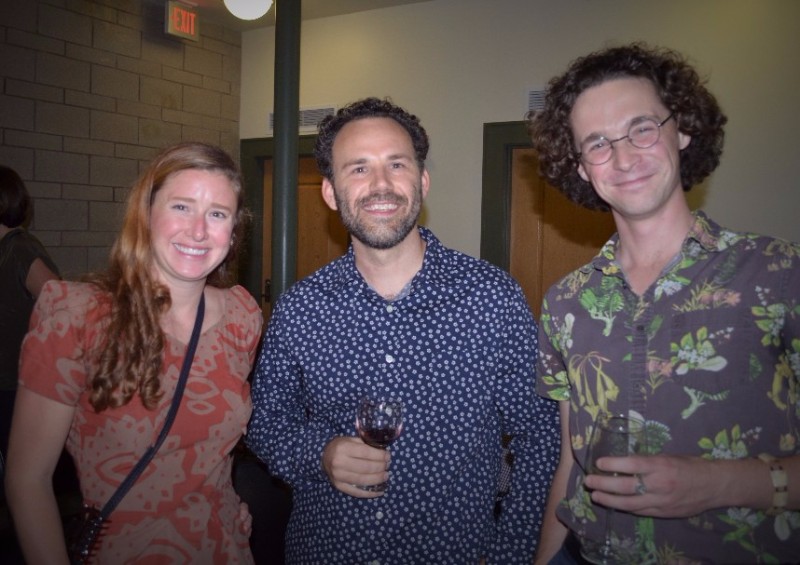Sarah Meyers is a Center for African Studies graduate student in Anthropology. She is a first year student and holds a FLAS Fellowship with the Center. Her research examines the use of Artemisia annua for the prevention and treatment of malaria and corruption and a lack of transparency within the World Health Organization (WHO). Her research examines the unofficial reasons for the WHO’s opposition to the use of this plant, and why they so adamantly prevent countries that want to incorporate the plant into their public health campaigns and systems from doing so.
Her research project builds off of her time as a US Peace Corps volunteer in Ghana, where she witnessed that limited access to the leading malaria medicine, the Artemisinin combination therapy (ACT), and a strong traditional use of herbal medicine was a core issue in the fight against malaria. When local herbalists requested information on the most effective herbal treatment for malaria, Sarah began working with Artemsia annua, a safe and more effective herbal medicine than what was being used.

The WHO has stated the necessity of incorporating herbal medicines into public healthcare systems, yet they continue to prevent countries that want to promote this specific plant from doing so. Nearly half of the world’s population is at risk of malaria and efforts to control malaria in sub-Saharan Africa have largely failed. For over a decade the WHO has prevented countries from using this widely studied, safe and effective plant. Academics, NGOs and researchers have voiced outrage over the WHO’s opposition, sent peer-reviewed reports and literature reviews, and pleaded for them to discuss the plant they so adamantly oppose but the WHO has stated that they will not discuss the plant at their Malaria Policy Advisory Committee meetings nor create an Evidence Review Groups to review the peer-reviewed research.
Her project builds on findings that have exposed past corruption within the WHO, and the common discourse that the WHO’s change to its financial policy in 2005 allowing private money into the system resulted in strong ties to the pharmaceutical industry and fostered an institution of corruption. Sarah aims to show that opposition towards this plant has no scientific support and is based on financial and political reasons. She will work with a small NGO in Ghana to identify and assess a sustainable method of introducing the plant on a community wide scale and monitoring its introduction, use and spread, and rates of malaria.